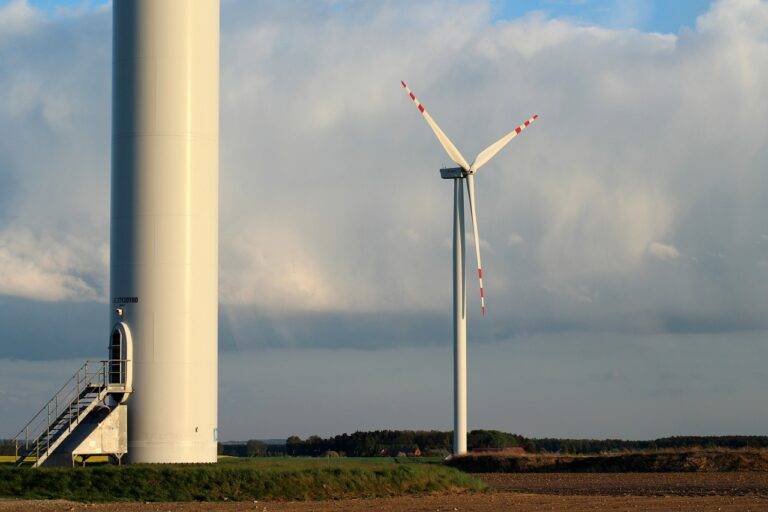Smart Cities: Building the Urban Landscape of Tomorrow
Smart cities represent the future of urban living, integrating advanced technologies and data-driven solutions to improve the quality of life for residents and enhance the efficiency of city operations. With rapid urbanization and increasing challenges related to infrastructure, transportation, energy, and environmental sustainability, the concept of smart cities offers a holistic approach to address these issues and build resilient urban landscapes for the future.
What are Smart Cities?
Smart cities leverage interconnected digital infrastructure, sensors, and Internet of Things (IoT) devices to collect and analyze data in real-time. This data-driven approach enables city planners and policymakers to make informed decisions, optimize resource allocation, and enhance public services. From smart transportation and energy management to digital governance and citizen engagement, smart cities encompass a wide range of applications aimed at creating more livable, sustainable, and efficient urban environments.
Key Components of Smart Cities
Several key components define the infrastructure of smart cities:
- Sensor Networks: Deployed throughout the city, sensors collect data on various parameters such as air quality, traffic flow, temperature, and noise levels.
- Connectivity: High-speed broadband networks and wireless connectivity enable seamless communication between devices and systems.
- Data Analytics: Advanced analytics platforms process and analyze large volumes of data to derive actionable insights and support decision-making.
- IoT Devices: Internet-connected devices, including smart meters, cameras, and actuators, facilitate real-time monitoring and control of urban systems.
- Smart Infrastructure: Buildings, transportation networks, and utilities are equipped with smart technologies to optimize energy usage, reduce waste, and enhance efficiency.
Benefits of Smart Cities
The adoption of smart city technologies offers numerous benefits:
- Improved Efficiency: Smart systems streamline processes, reduce resource consumption, and minimize operational costs for city governments and businesses.
- Enhanced Sustainability: By promoting renewable energy, efficient transportation, and waste reduction, smart cities contribute to environmental conservation and climate resilience.
- Enhanced Quality of Life: Smart technologies enhance public safety, healthcare services, and access to education, fostering a healthier and more inclusive urban community.
- Economic Growth: Smart cities stimulate innovation, attract investment, and create job opportunities in emerging industries such as IoT, data analytics, and clean energy.
- Greater Connectivity: Digital connectivity and smart infrastructure enable seamless communication and collaboration between residents, businesses, and government agencies.
Challenges and Considerations
While the vision of smart cities holds immense promise, there are several challenges and considerations to address:
- Privacy and Security: The collection and utilization of vast amounts of data raise concerns about privacy breaches, data security, and potential surveillance.
- Digital Divide: Unequal access to technology and digital literacy may exacerbate social inequalities and marginalize underserved communities.
- Interoperability: Integration and interoperability of diverse technologies and systems pose technical challenges and require standardized protocols and frameworks.
- Regulatory Frameworks: Smart city initiatives must navigate complex regulatory landscapes, including data protection regulations, cybersecurity standards, and privacy laws.
- Community Engagement: Meaningful engagement and participation of residents, businesses, and community organizations are essential for the successful implementation of smart city projects.
Conclusion
Smart cities represent a transformative approach to urban development, harnessing the power of technology and data to address pressing urban challenges and improve the quality of life for citizens. By embracing innovation, collaboration, and sustainability, cities can build resilient and inclusive urban landscapes that thrive in the digital age.
FAQs
Q: What are some examples of smart city technologies?
A: Examples include smart meters, intelligent transportation systems, automated waste management, and digital citizen services platforms.
Q: How do smart cities promote sustainability?
A: Smart cities promote sustainability through energy-efficient buildings, renewable energy integration, sustainable transportation, and green infrastructure initiatives.
Q: What role do citizens play in smart city initiatives?
A: Citizens play a crucial role in smart city initiatives by providing feedback, participating in co-creation activities, and contributing to the development of innovative solutions tailored to their needs.





